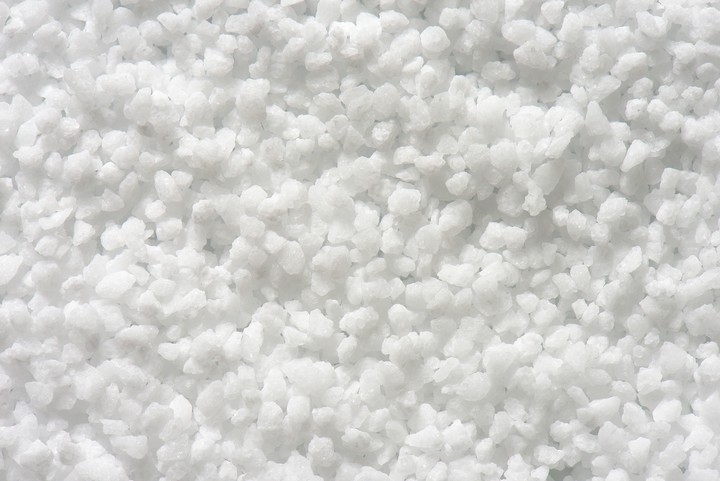What Is Magnesium Chloride Best Used for?

Magnesium chloride is a compound that is both effective and has numerous applications. It is easily accessible and offers several benefits for both personal and industrial applications. This often-overlooked mineral can improve various aspects of our health and daily lives. It’s worth exploring the potential benefits of magnesium chloride.
Let’s explore what magnesium chloride is best used for.
Health Benefits
Magnesium is an essential mineral required for numerous bodily functions. One primary use of magnesium chloride is to help raise magnesium levels in the body. Many people have low magnesium levels, which can cause issues like muscle cramps, fatigue, and heart problems. Taking magnesium chloride supplements can help improve these issues.
Magnesium chloride can also support respiratory health. When aerosolized, it may help alleviate asthma symptoms and other breathing issues. Its natural ability to reduce inflammation could also make breathing easier for those in need.
Muscle Relaxation
For athletes and active individuals, magnesium chloride can aid in muscle relaxation. Many use magnesium chloride in creams or baths to relieve sore muscles after exercising. It helps reduce muscle tension and speeds up the recovery process.
Applying bulk magnesium chloride as a gel or lotion can give focused relief to sore areas. This use is helpful not only for athletes but for anyone experiencing daily muscle fatigue.
Skin Health
Magnesium chloride is also helpful for skin care. It is a common ingredient in many creams and lotions, known for its hydrating and soothing effects. Adding magnesium chloride to skincare routines can help keep skin moisturized and may alleviate issues such as eczema and acne.
Soaking in magnesium chloride-rich solutions, such as Epsom salt baths, improves skin health. This addition to your bathing routine can lead to softer skin and aid in skin repair due to its mineral content. People with sensitive skin may find magnesium chloride products gentler than harsher treatments.
De-Icing Agent
Magnesium chloride is beneficial not only for health and beauty but also for practical applications like keeping roads safe in winter. It acts as a de-icing agent, lowering the freezing point of water to improve safety on icy roads and sidewalks.
This use is also more environmentally friendly. Compared to regular rock salt, magnesium chloride is less harmful to plants and soil, making it a more eco-friendly choice for road maintenance in cold areas. For those living in colder climates, magnesium chloride can be a valuable tool for safety during winter.
Dust Control
In the construction and mining industries, managing dust is crucial for maintaining worker health and ensuring air quality. Magnesium chloride plays a role in dust suppression by binding to dust particles and keeping them settled to the ground. This activity helps maintain air quality around construction sites or unpaved roads.
Using magnesium chloride for dust control is not only effective but also adds an extra layer of protection for those working in dusty environments. This can lead to better respiratory health for workers and minimize the hazards associated with dust exposure.
Aquaculture
Aquaculture is another area where magnesium chloride plays a critical role. In fish farming and aquarium maintenance, appropriate mineral levels are vital for healthy aquatic ecosystems. Magnesium chloride helps maintain optimal magnesium levels in water, supporting fish health and overall balance in marine environments.
Besides enhancing fish growth, creating a balanced environment with magnesium chloride can help improve water quality. This balance benefits not only the fish but also the plants and other marine life present in these ecosystems, resulting in a thriving aquatic habitat.
Food Preservation
In the food industry, magnesium chloride finds its place as a food additive. It is used in various culinary applications, including cheese production and tofu manufacturing, often acting as a coagulant. Besides enhancing the texture of these food items, magnesium chloride can also play a role in improving food preservation.
Using magnesium chloride in food products helps extend shelf life while providing a nutritional boost. It may help maintain food quality and safety in ways that are beneficial for both producers and consumers alike.


